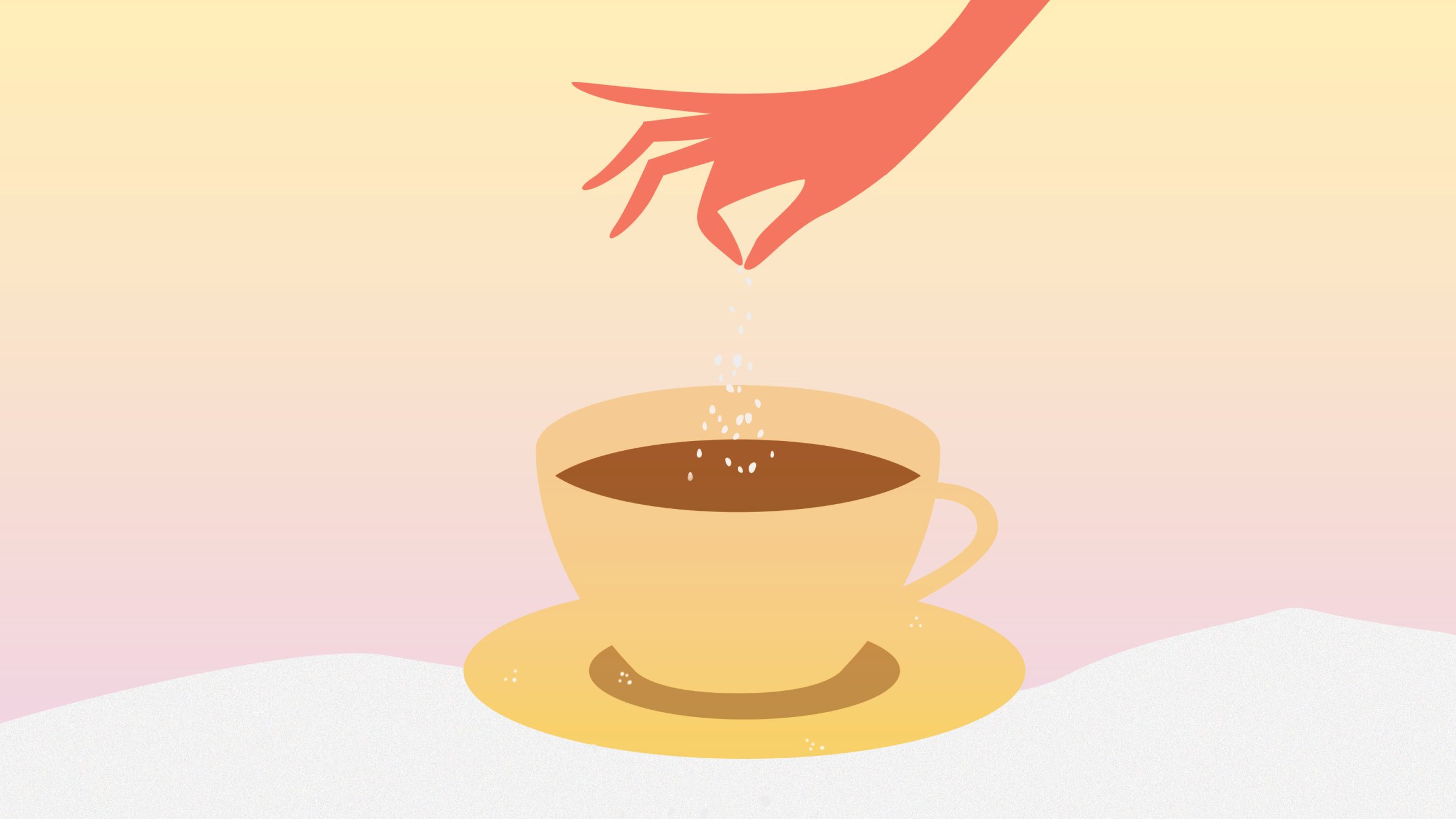
By now you’ve heard that sugary foods drive insulin resistance and type-2 diabetes. The more of the sweet stuff you swallow—whether it’s table sugar or organic honey—the more insulin your pancreas has to produce and release into your bloodstream in order to control your blood’s glucose levels. At some point, an overworked pancreas can become incapable of producing enough insulin to manage sugar loads in the blood, resulting in type-2 diabetes
But what happens if you replace sugar with artificial sweeteners? The American Diabetes Association says on its website that sugar substitutes are safe by FDA standards, and “may help curb your cravings for something sweet.” But other experts are dubious.
“The short answer is we don’t know what happens when you replace sugar with artificial sweeteners,” says Dr. Robert Lustig, an endocrinologist and sugar researcher at the University of California, San Francisco. “We have data nibbling around the edges, but we don’t have enough to make a hard determination for any specific sweetener.”
People who consume diet soda on a daily basis are 36% more likely to develop metabolic syndrome and 67% more likely to develop type-2 diabetes than people who don’t drink diet or regular soda, found a 2009 study. That may seem damning until you consider that overweight or obese people—the groups most at risk for type-2 diabetes—may be more likely to drink diet soda in an attempt to lose weight than their slimmer pals.
Newer evidence, though still far from conclusive, is more telling.
A 2014 study from Israel found that artificial sweeteners changed the microbiotic makeup of rodents’ guts in ways linked to metabolic disease. For another recent study, researchers at Washington University in St. Louis had obese people sip either water or a beverage sweetened with sucralose (Splenda) 10 minutes before they consumed real sugar. The researchers were looking to see how everyone’s insulin levels would react to the sugar hit after being primed with either the artificial sweetener or water.
“If the sweetener was harmless, you would expect the test to be the same in both cases,” Lustig says. But Dr. Yanina Pepino, first author of the Washington University in St. Louis study, says the study participants’ bodies released roughly 20% more insulin following the artificial sweetener pre-treatment.
“The body needed to secrete more insulin to handle the same amount of sugar, which suggests there was slight insulin resistance from the sucralose,” Pepino explains.
When your tongue tastes something sweet—whether it’s sugar or artificial sweetener—your brain and gut alert your pancreas that sugar is on its way, Lustig explains. Your pancreas starts producing insulin with the expectation that the amount of sugar (glucose) in your blood is about to go up. But if you’re sipping a drink with an artificial sweetener, that glucose hit never comes, and the pancreas searches for any blood glucose to trigger the release of its insulin.
But artificial sweeteners are not all the same. “They’re diverse chemically and structurally,” Pepino says. That makes generalizations tricky. “It may be possible to say what effect sweeteners have on the brain and the messages it sends to the pancreas,” she explains. “But once swallowed, different non-nutritive sweeteners will have different metabolic effects.”
Pepino and her team are currently looking into the ways sucralose may affect the body’s insulin responses when swallowed by lean people, as opposed to people with obesity. But the picture of how artificial sweeteners affect your risks for insulin resistance and type-2 diabetes remains hazy. “A lot more research has to be done,” she says.
Lustig agrees. “Individual pieces of data are concerning,” he says. “There’s no question that diet soda consumption is associated with diabetes, but we don’t know yet if it’s cause or effect.”
More Must-Reads From TIME
- The 100 Most Influential People of 2024
- The Revolution of Yulia Navalnaya
- 6 Compliments That Land Every Time
- What's the Deal With the Bitcoin Halving?
- If You're Dating Right Now , You're Brave: Column
- The AI That Could Heal a Divided Internet
- Fallout Is a Brilliant Model for the Future of Video Game Adaptations
- Want Weekly Recs on What to Watch, Read, and More? Sign Up for Worth Your Time
Contact us at letters@time.com